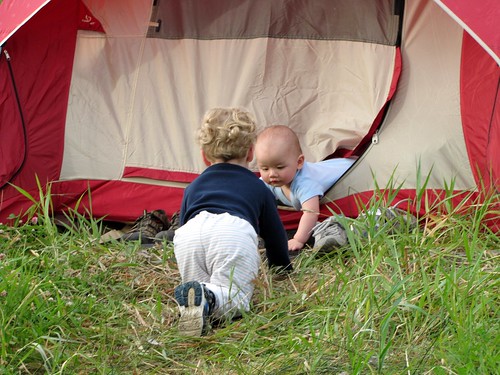
What are you reading to keep up with the infant & early childhood mental health field? These are some of the items that the Peninsulas group have shared at recent meetings.






Interested in this stuff? Join us. -gw
The experience of providing INFANT and EARLY CHILDHOOD MENTAL HEALTH consultation, from the perspective of providers on the Kitsap and Olympic peninsulas of Washington State

It may be of interest that the techniques described for infants ended up being the same ones we used in residential treatment for kids who had never had secure attachments. It worked.
Yes both methods could be effective but they had to be "discovered" for each client. I am not sure that there was a set criteria but I do know that there were general categories of difficulties that led to one or the other.
There was an issue with "time out" with insecurely attached children [at the residential facility] .... The general rule was that children were not talked to when they were in time out. However, it also became clear, over time, that some children were simply too disorganized to be in the room by themselves. With these children staff would go into the room to organize them. The effectiveness of this had to do with the experience of the staff. We had a few staff who were so grounded that when they got close to a child the child just got quieter -- if they had to hold the child it would turn out to be quite brief (as opposed to what would happen with staff who were not that grounded).
In general I had the rule "talk is cheap," and it doesn't buy much when it comes to engaging children. When talk is an extension of a "calm and assertive" presence it usually doesn't have to "say" much - the body, the presence, does the talking.

A new study by researchers from Murdoch Childrens Research Institute claims that "controlled comforting" and "camping out" (behavioral sleep technique) not only helps infants sleep better, it also reduces depression levels in mothers.Researchers, who conducted the first ever study of its kind to have looked into the long term effects of these sleep techniques, say they are safe to be used in the long-term.